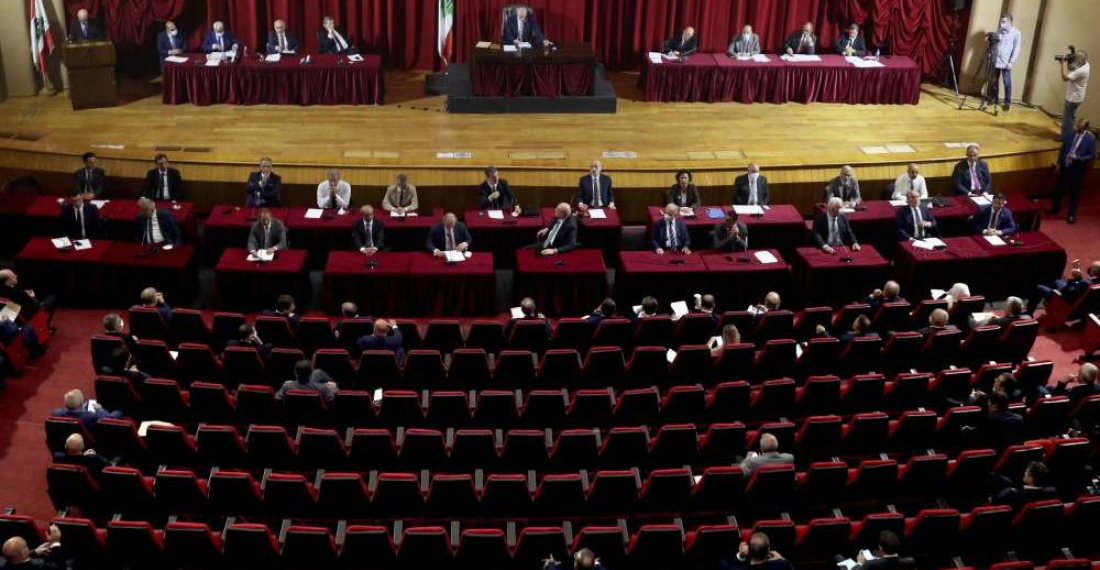After a long session that lasted eight hours on Monday (20 September), the Lebanese parliament gave a vote of confidence to the new Lebanese cabinet led by prime minister Najib Mikati. The session, in which 100 out of 128 members attended, was long and tiring for many, but proceeded without incidents.
85 lawmakers voted for the new cabinet while 15 voted against it. The government vowed that it would resume talks with the IMF soon about bailout options and reform commitments.
“Our government emerged to light a candle in this deep darkness and spark a torch of hope and determination that we are able to combine our sincerest efforts for this beloved country,” Mikati said.
Besides a handful of independent MPs, the Christian Lebanese Forces party did not support the vote of confidence.
MP Sethrida Geagea of the Lebanese Forces said to Aljazeera they cannot “bet” on a government that has a short mandate given that Lebanon will have parliamentary elections next May.
Many in Lebanon still find it difficult to believe that the cabinet will deliver meaningful and long-lasting reforms.. Experts have warned against 'band-aid solutions to the problems Lebanon is facing.
Despite the worries, Lebanon was in big need of a government, a pre-condition by many foreign donors to deliver aid. Besides fixing the economy, the Lebanese government will also need to rebuild trust with its citizens.







